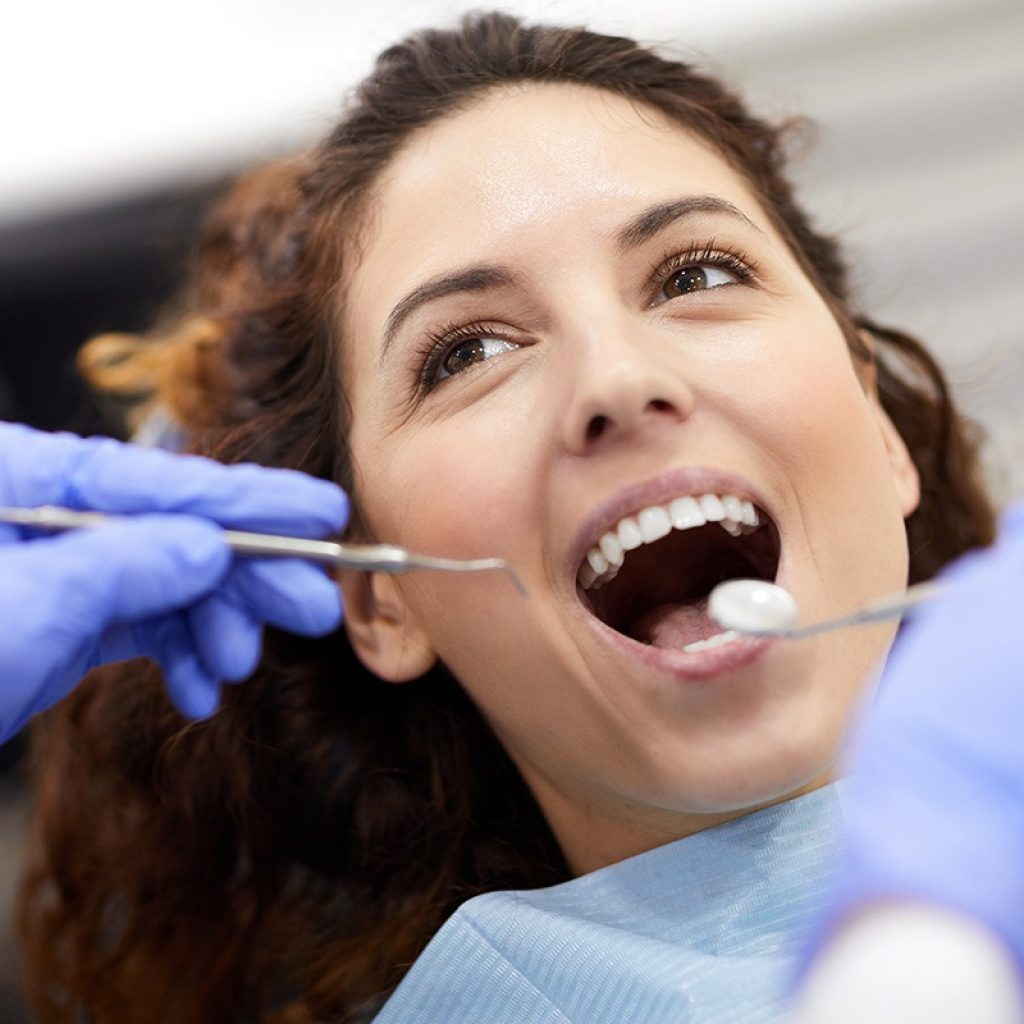If you’ve been diagnosed with cancer and will be undergoing treatment, you may want to know how it will affect your oral health, whether it’s oral cancer (i.e., of your mouth or throat) or elsewhere in your body.
Of course, if it is an oral cancer, your Dentist Epping may well have spotted it during a routine dental check-up at an early stage, which is best for you. He or she would feel privileged to support you with the appropriate dental care to ease your treatment as much as possible.
Common signs that all is not well orally include having a sore, irritation or red or white patches that don’t go away. Having a lump or rough spot somewhere in your mouth or throat. Having difficulty swallowing. Feeling as if there’s something caught in your throat. Feeling tender or numb somewhere in your lips or mouth. Having difficulty moving your tongue or jaw, or chewing. Having a suddenly hoarse or changed voice.
If one of these lasts two weeks, please see us at your Dentist Epping asap! Early detection of oral cancer is best! We can help you get the help you need.

Common cancer treatments include surgery, chemotherapy, and radiation therapy, alone or in combination. The last two target fast-growing cancer cells but may also affect your normal cells. The treatments reduce your body’s ability to fight infections, and tender gums can become mouth sores, ulcers, or gum disease.
The cells lining your mouth might be affected, so that you may experience a dry mouth, a burning, peeling or swollen tongue, or changes in taste. Mouth sores, infections, and pain or stiffness in your jaw bones may also be triggered.
If possible, deal with any outstanding dental issues before starting your cancer treatment to shore up your oral health beforehand and avoid any potential delaying problems.
Please brush and floss your teeth daily but gently, and rinse your mouth daily with a non-alcoholic, water-based mouth rinse like one of the following – and more often if you have a dry mouth:
¼ teaspoon salt or 1 teaspoon baking soda in 1 cup
½ teaspoon salt + 2 tablespoons baking soda in 4 cups.
If the treatment makes you vomit, rinse your mouth out, and then thirty minutes later, clean your teeth gently.
Please avoid smoking or more than moderate alcohol during the treatment!
It’s advisable to work with your Dentist Epping, as well as your cancer specialist during treatment to maximize your comfort and healing.
To find out more, please click this link for an appointment with us:

